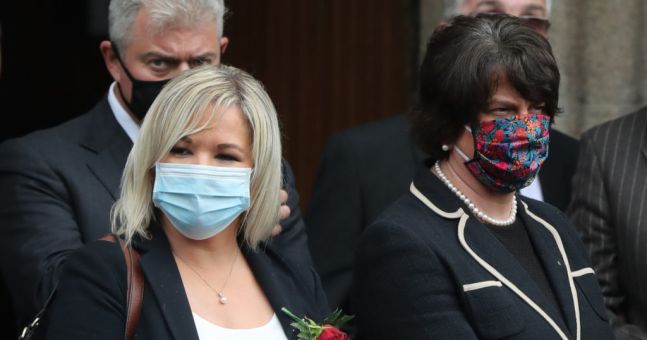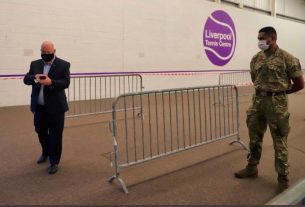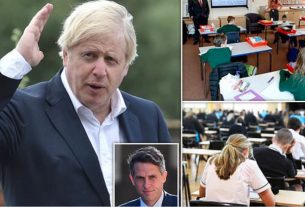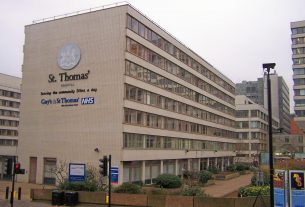After lengthy discussions lasting into the early hours, the Northern Ireland Executive has announced tighter restrictions to curb raising Covid19 infection numbers. With the introduction of the four-week coronavirus circuit breaker, the additional measures edge Northern Ireland closer to an all-out lockdown. However, Arlene Foster stressed that schools would only close for two weeks while empathising with workers and business people in the hospitality sector.
Over the past few weeks, daily infection rates have been rising sharply, leading the NI government to take this drastic action. Pubs and restaurants can only provide take-away services starting this Friday. Only elite sports teams can train and compete indoors, gyms are to close for all but individual training, and people should work from home if at all possible. Household visitor restrictions remain in place with the bubbling of 10 people from a maximum of two households continuing. Third level education is to move online in as much as possible. While churches and retail outlets can stay open, safety measure and face-covering requirements apply. Close contact services not providing essential health interventions will also cease for an initial four-week period. If, after this period, the NI Executive wishes to extend the coronavirus circuit breaker period, the Executive would need to carry such an extension or an amendment of the rules in a vote.
Coronavirus circuit breaker – just a fancy way of implementing a new lockdown?
The perceived need, for new lockdowns and tighter restrictions, has had governments across the globe scrambling for ways to make them more palatable to the public. From traffic light systems to colour coding and charts, administrations have been trying to explain and sell covid19 restrictions. The concept of circuit breakers is just one of them. As the term suggests, a coronavirus circuit breaker is a short, sharp tightening of the restrictions to stem the spread of the virus in the hope of getting economies up and running again quickly. Singapore introduced a circuit breaker in April, with New Zealand and Australia, as well as Israel, following suit. Experts in the Republic of Ireland also floated the idea but the Irish PM, Micheal Martin, rejected it, casting doubt on whether it was feasible to close everything down for two weeks and then “come back as normal.”
Whether or not circuit breakers work remains unclear. But one thing we do know is that in all the above countries, the lockdown period ended up being longer than anticipated. In Singapore, the new lockdown lasted nearly an additional month, in Melbourne, the period was due to end after six weeks but went on much longer, and in Israel, the second lockdown began on 18 September, and it continues to this day.
Keir Starmer calls for 2/3 week circuit breaker for England
With Northern Ireland leading the way, the pressure will mount on Boris Johnson to take similar action in England. Scotland and Wales have handled the pandemic with more severe measures and may follow Northern Ireland. In England, Sir Keir Starmer has warned that England would “sleepwalk into a long and bleak winter” unless the government acted fast and decisively. In the face of rising daily infection numbers, the Labour leader said that the government had “lost control” of the pandemic.
According to Sky News, Ed Davy, Liberal Democrats leader, backs Starmer, and the Mark Drakeford, First Minister of Wales, told Radio Times he was weighing up a “short, sharp intervention” and currently “working hard at that detail”.
Arlene Foster and Michelle O’Neill vow to support businesses
The coronavirus circuit breaker will hit businesses hard. Both, the First and Deputy Minister of the NI administration have promised to provide support.
On Twitter, Michelle O’Neill wrote:
“We know this is hard and that people will be worried about their livelihoods, but we will do everything we possibly can to make sure there are protections in place for businesses, workers and families.”
Earlier, the First Minister said:
“For those who will be impacted by any restrictions that we agree, we will stand with you, and we will help you and financially support you as best we can.”




